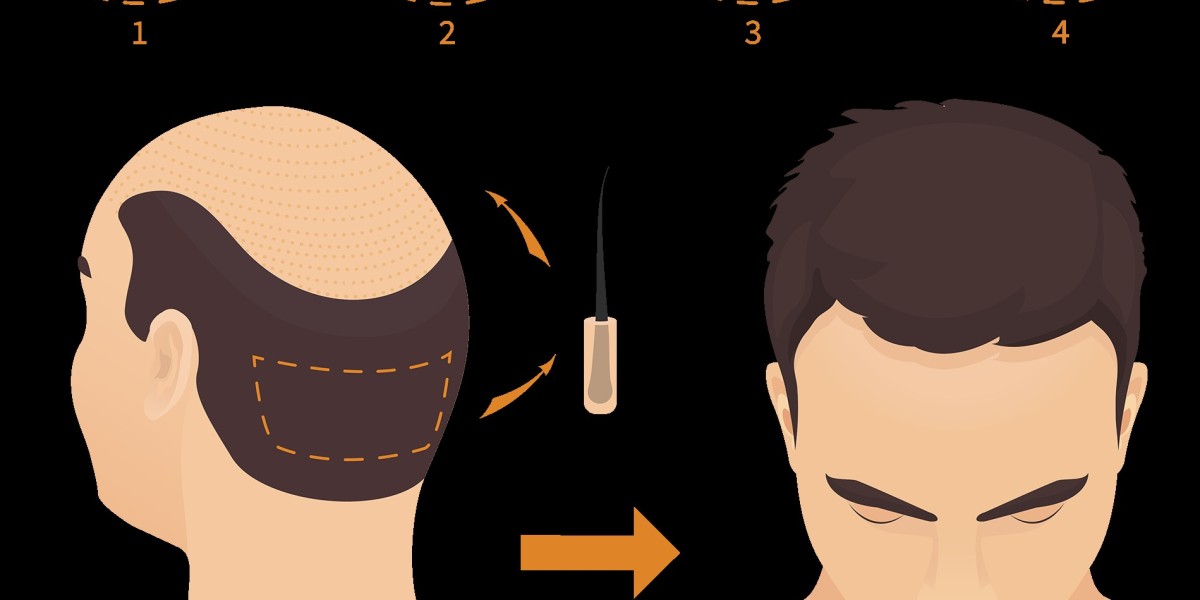One of the most common mental health issues in the world today is anxiety. It can take many different forms, including phobias, panic disorder, social anxiety, and generalized anxiety disorder (GAD). Although there are many different approaches to treating anxiety, medication and psychotherapy are two of the most widely used methods. The fundamental reasons for anxiety are not addressed by drugs like Ativan (Lorazepam) and Alprazolam (also marketed as Xanax), which are frequently used to assist manage symptoms. This is where psychotherapy comes in, providing a more comprehensive method that enables people to examine and comprehend their anxiety more deeply, ultimately altering how they manage it.
Knowing Anxiety: It's Not Just Stress
Anxiety is fundamentally a normal emotional reaction to stress or uncertainty. It sets off the body's fight-or-flight response, readying it to deal with possible dangers. On the other hand, worry can disrupt everyday life if it persists or gets out of proportion to the circumstances. It's critical to distinguish between pathological anxiety, which can impair functioning and result in avoidance behaviors, and normal anxiety, which keeps us vigilant in trying circumstances.
Although drugs like Ativan and Alprazolam can temporarily reduce anxiety by soothing the nervous system, they don't teach people long-term anxiety management techniques. The way these drugs function is by amplifying the calming effects of gamma-aminobutyric acid (GABA), a neurotransmitter. They work well to lessen the symptoms of anxiety in the short term, but they don't deal with the underlying causes of anxiety or provide people the coping mechanisms they need to survive over the long haul.
Psychotherapy's Function in Treating Anxiety
One of the Get Alprazolam online reduce anxiety is through psychotherapy, especially Cognitive Behavioral Therapy (CBT). In order to help people reframe their thinking and create more positive viewpoints on events that cause anxiety, cognitive behavioral therapy (CBT) identifies and challenges the faulty thought patterns that underlie anxiety. Psychotherapy helps people identify their triggers and create useful coping mechanisms to deal with them by addressing the cognitive and emotional components of anxiety.
The therapeutic alliance itself is one of the most important elements of psychotherapy. Clients can examine their problems, anxieties, and fears in a judgment-free, safe, and encouraging setting. They start to examine the underlying causes of their anxiety through this process, which could be connected to unresolved emotional conflicts, negative self-beliefs, or past trauma. Developing long-lasting coping strategies requires an understanding of the fundamental causes of worry.
How Coping Strategies Are Improved by Psychotherapy
In contrast to medicine, which mainly aims to reduce symptoms, psychotherapy assists people in developing emotional fortitude and resilience. It offers useful methods and resources that can support long-term anxiety management. Here are a few ways that psychotherapy alters how people manage their anxiety:
1. Recognizing Patterns of Negative Thinking
Irrational ideas and beliefs are frequently the cause of anxiety. People might, for instance, overanalyze circumstances by speculating about the worst-case scenario in the absence of proof. Through cognitive behavioral therapy (CBT), people can recognize these cognitive distortions and counter them with more reasonable and balanced ideas. This exercise gradually rewires the brain to react to stress in a more suitable way.
2. Acquiring Knowledge of Relaxation Methods
Alprazolam and Ativan are examples of drugs that can offer immediate relief, but they don't teach practical relaxation methods. Deep breathing, progressive muscular relaxation, guided imagery, and other mindfulness and relaxation techniques are frequently incorporated into psychotherapy. By encouraging emotional regulation and lowering the need for medicine, these strategies help people relax their bodies and brains during stressful situations.
3. Improving Your Ability to Solve Problems
Anxiety may make problems that arise every day feel insurmountable. Psychotherapy teaches people how to deconstruct difficult circumstances into smaller, more manageable steps, which aids in the development of problem-solving abilities. Gaining this ability gives people the confidence to confront their anxieties and take proactive measures to overcome them.
4. Therapy via Exposure
Exposure therapy is a very successful treatment for severe anxiety or phobias. This method entails introducing people to the things or circumstances that make them anxious gradually in a safe and encouraging setting. The objective is to gradually lessen the emotional impact of the trigger by desensitizing the person to it. It can be a life-changing experience for people to face their concerns in a safe environment through exposure therapy.
Drugs: An Addition to Psychotherapy
Even though psychotherapy is a very effective treatment for anxiety, drugs like Ativan and Alprazolam can still be quite helpful in controlling symptoms, particularly when panic or anxiety attacks are severe. In order to treat the more profound emotional and psychological components of anxiety, these drugs are typically administered in conjunction with therapy, but they can offer temporary relief by soothing the central nervous system.
A benzodiazepine called Ativan online is frequently administered to treat anxiety and panic disorders. Although it relieves symptoms immediately, prolonged usage may lead to habit formation. It doesn't offer a long-term answer for anxiety management, but its short-term efficacy makes it a helpful tool for handling severe symptoms.
Similarly, another benzodiazepine that helps control anxiety is Ativan (Lorazepam), which has a calming effect by lowering the central nervous system. Similar to Alprazolam, Ativan is usually prescribed for temporary relief and can be useful in assisting people in managing unexpected panic or anxiety attacks. Long-term usage, however, may result in dependence and other negative consequences.
In the short term, both of these drugs may be beneficial, but they cannot take the place of psychotherapy. Actually, studies have shown that people with anxiety problems do better when they receive both psychotherapy and medicine.
A Comprehensive Strategy: Combining Drugs and Psychotherapy
For many people, an integrated treatment plan that incorporates psychotherapy and drugs like Ativan or Alprazolam is the most successful way to manage anxiety. While drugs might provide temporary relief when symptoms are extremely severe, psychotherapy can provide people the tools they need to recognize and control their anxiety. Together, these two therapeutic approaches can help people take back control of their anxiety and enhance their quality of life.
In summary: Adopting a Long-Term Approach
Although anxiety can be crippling, you don't have to let it rule your life. Psychotherapy is a more profound and long-lasting method of managing anxiety, even though drugs like Ativan and Alprazolam can offer short-term respite. People can acquire the abilities and techniques required to deal with life's obstacles with resilience and confidence by examining the root causes of worry. A life-changing step toward regaining your wellbeing and learning to live with more peace of mind if you're dealing with anxiety is getting expert assistance through psychotherapy.









